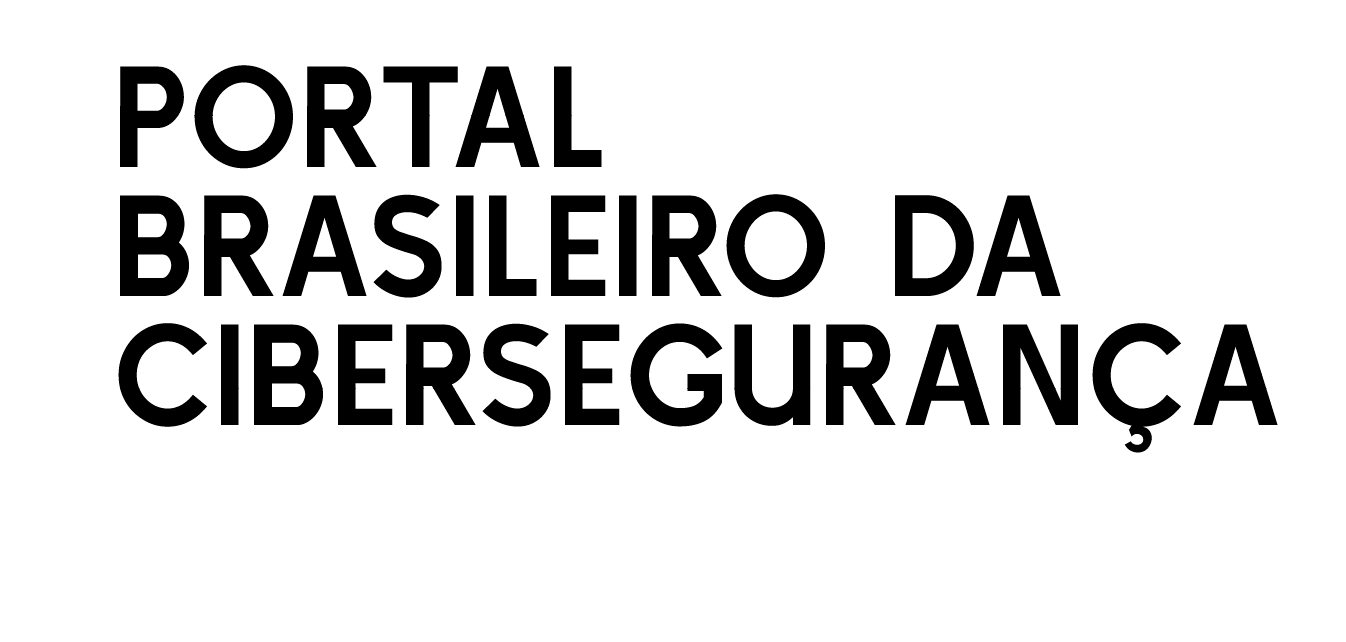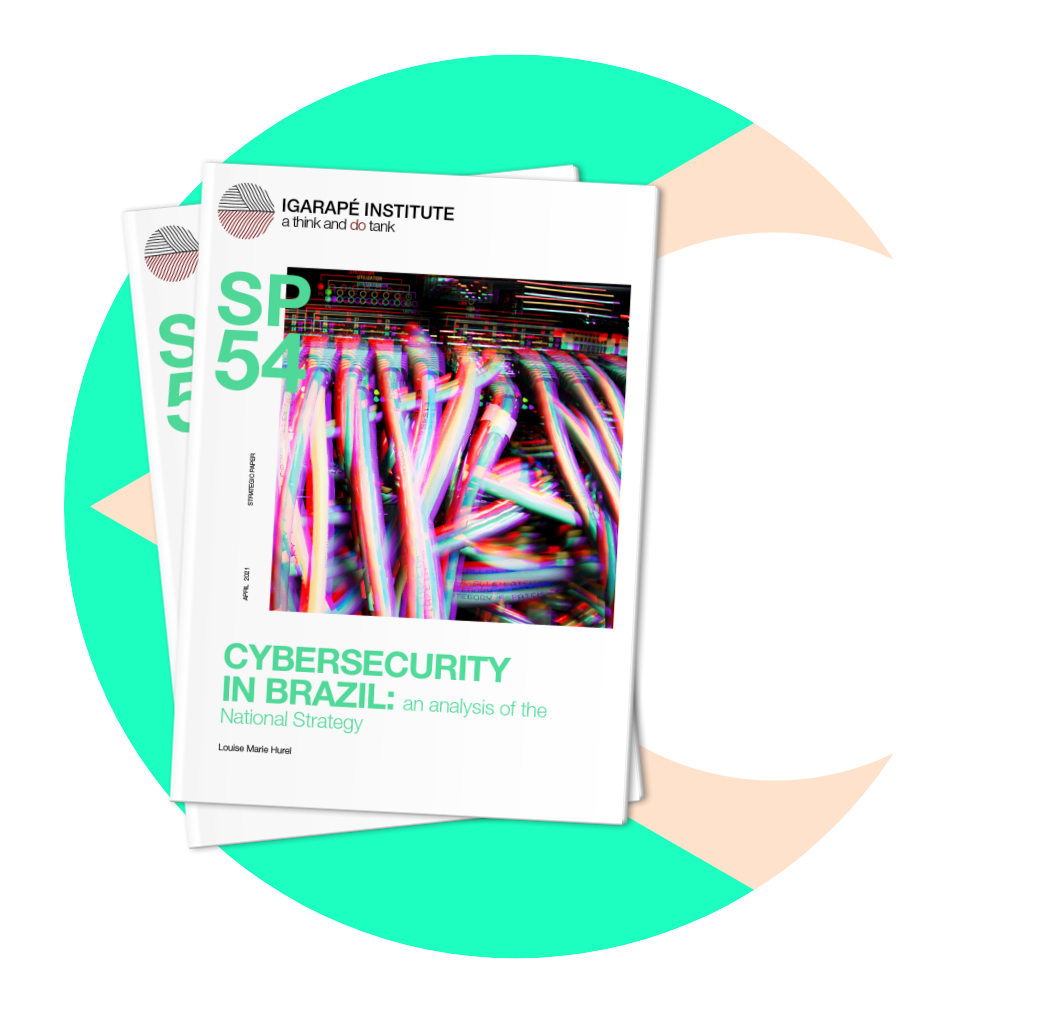
What are the main challenges that Brazil faces to prevent threats in the cybersecurity field, such as cyber attacks? Who are the social actors with a key role in this theme? How can they work together to mitigate existing risks? The search for answers to these questions encouraged the Igarapé Institute to systematize, analyze and gather the existing knowledge on Brazil’s cybersecurity governance landscape.
The Brazilian Cybersecurity Portal gathers analyzes, research, norms and other documents on national cybersecurity. Thus, it intends to strengthen the skills for a collective action by the civil society, the academic community, the public authorities and the private sector in order to build a more secure, cooperative, resilient and sustainable digital environment.


